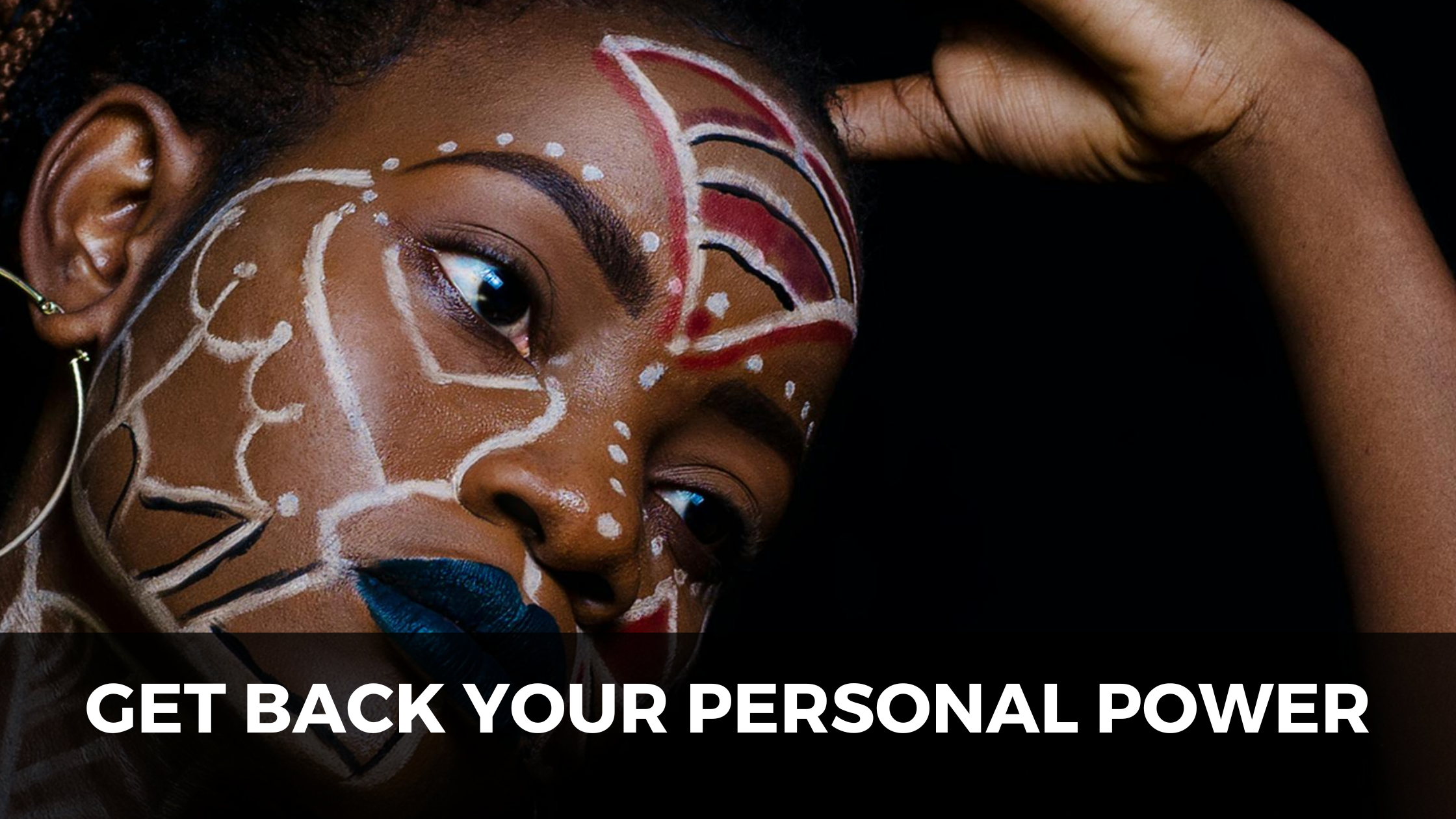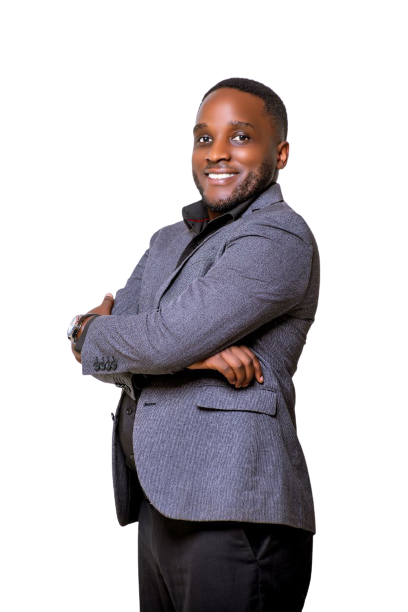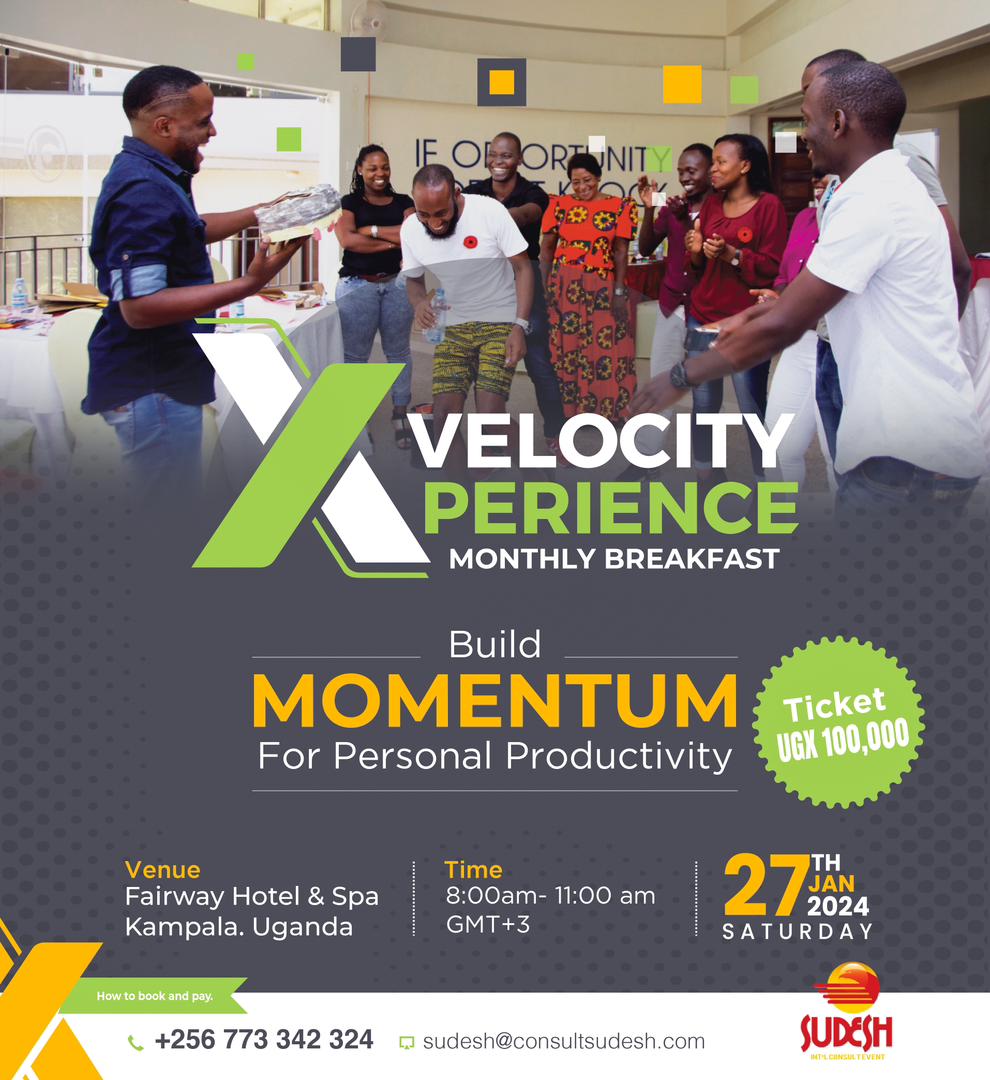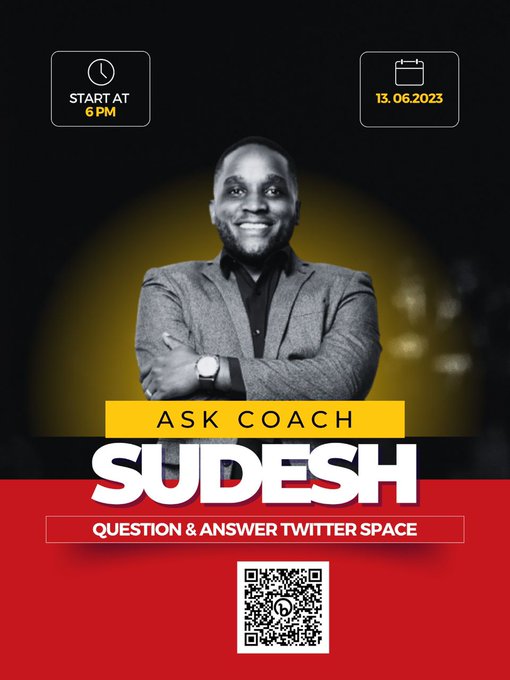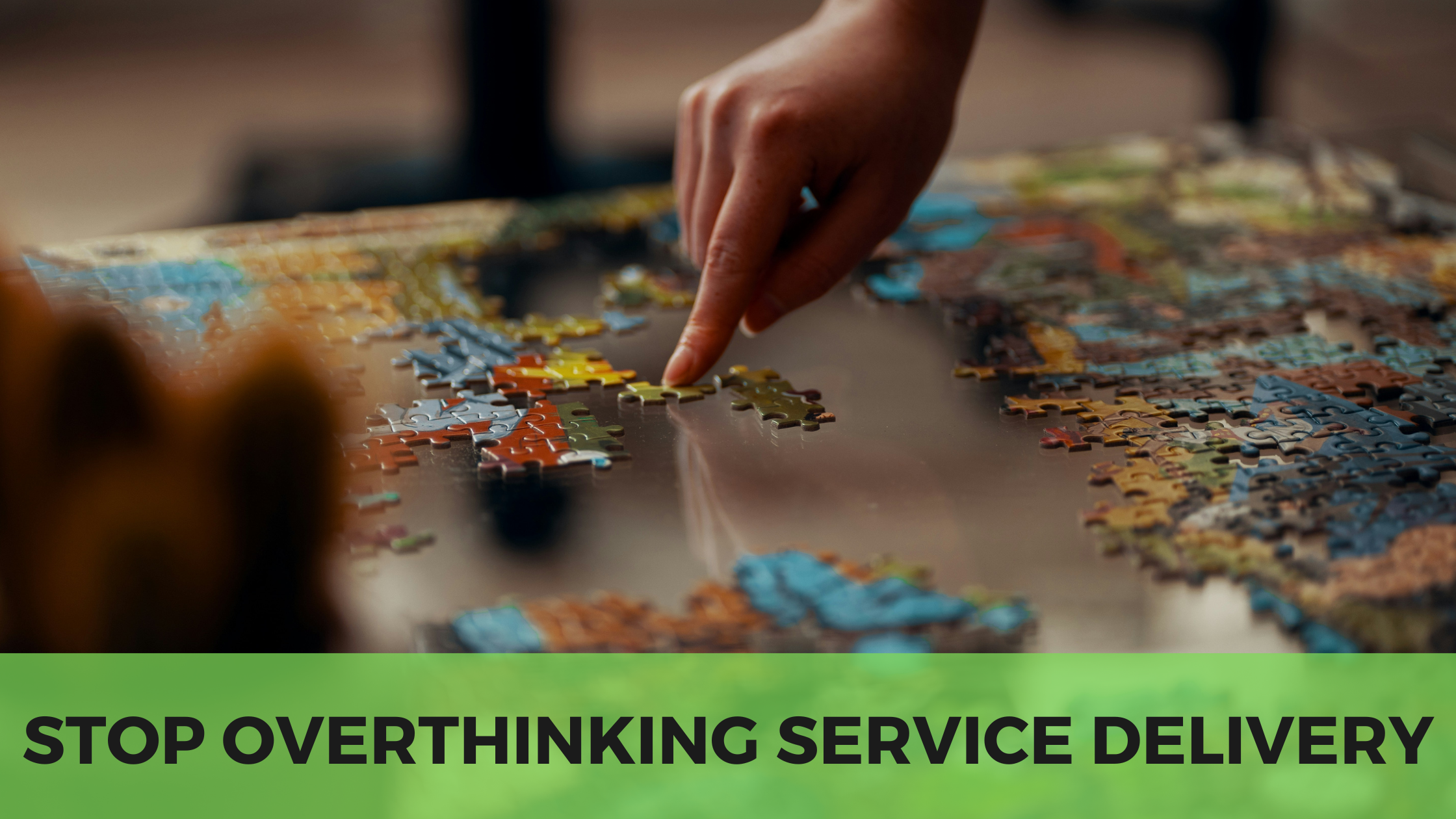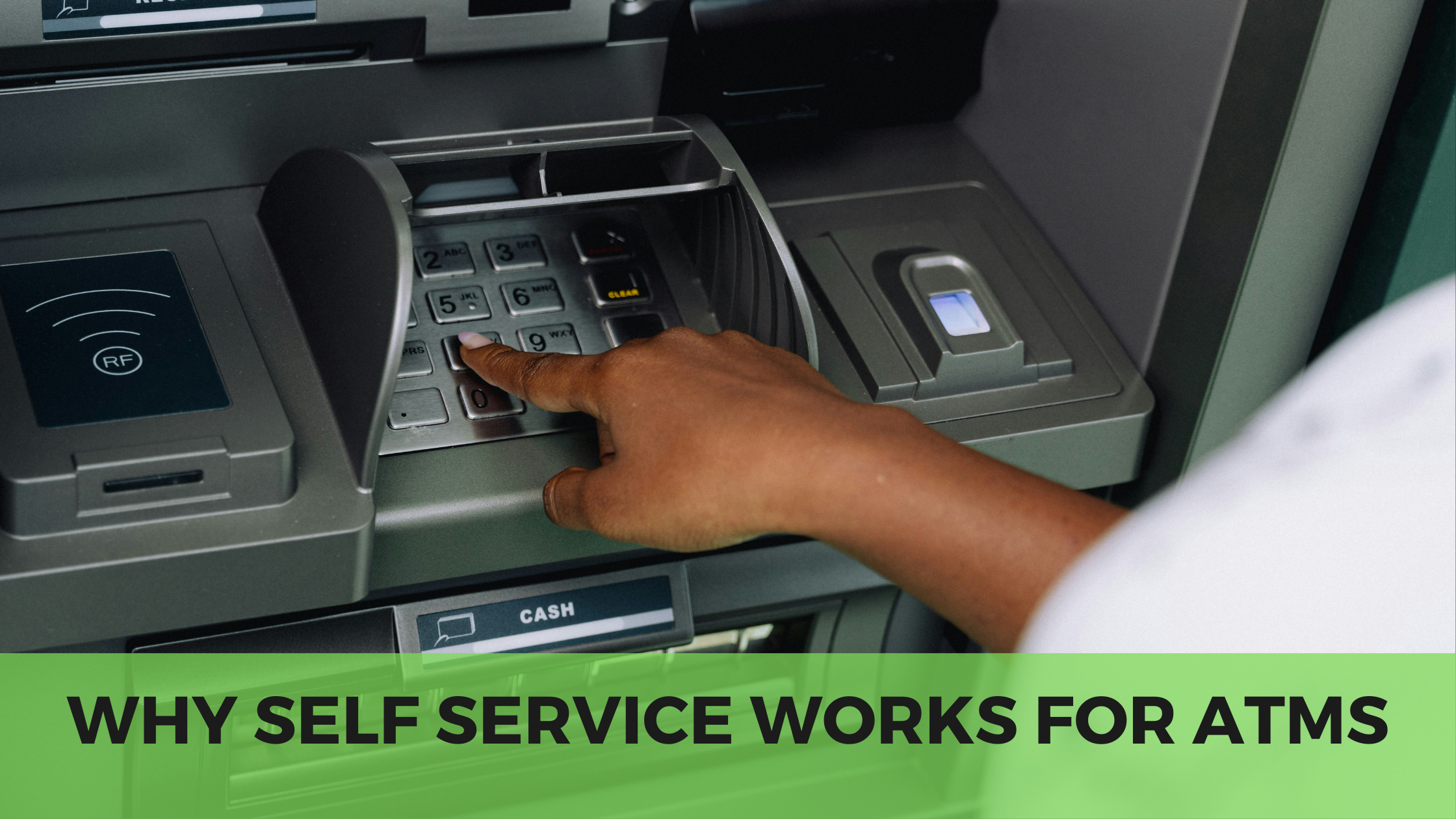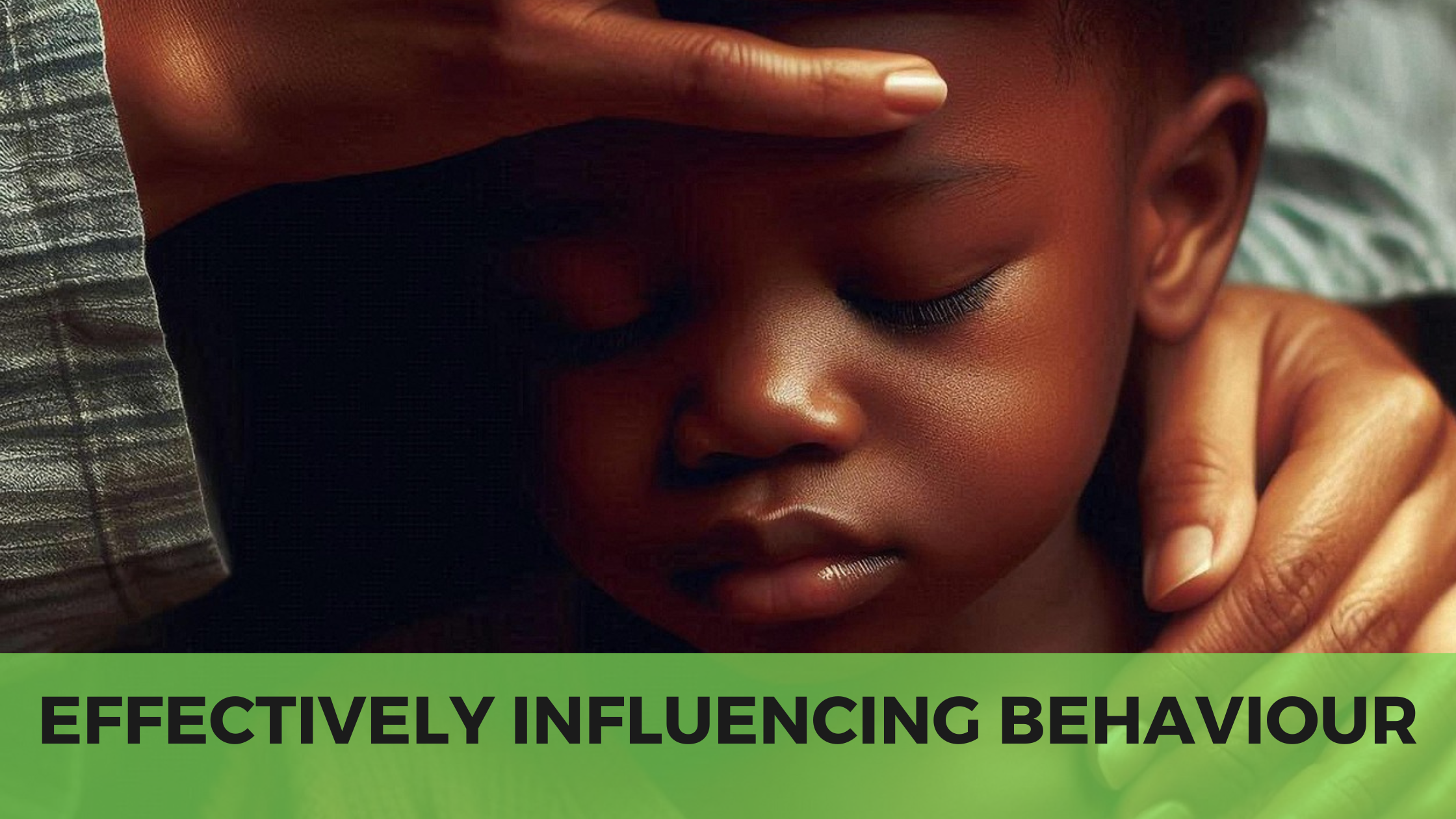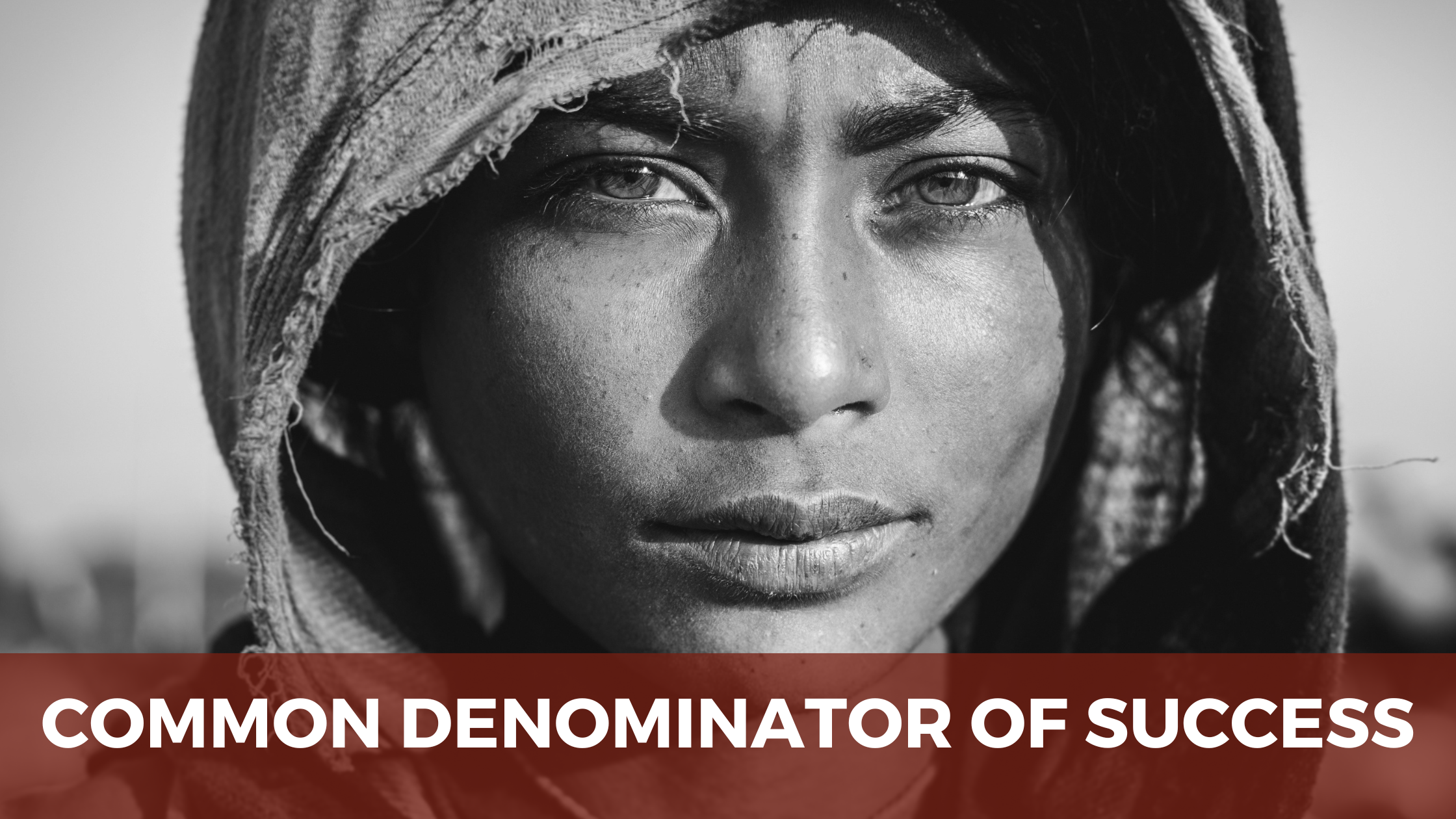Learned helplessness is a lifelong pattern of victimization in which people learn how to get their needs met by being a helpless Victim. Shortly after their teenage marriage, Betty and her husband Paul fell into the habit of going to the corner bar every Saturday night. This was their entire social life. Both of them would drink heavily, and when they got back to their dingy one-room apartment, Paul would beat Betty.
He would punch her in the face and stomach, accusing her of flirting with other men. As time went on, Paul became more and more brutal, and Betty spent most of the week nursing her bruises. She tried to talk to her friends, but no one would take her seriously. She thought about leaving Paul, but she didn’t know where to go. When Saturday night came around, Betty would do her best to appear docile, stupid, and suggestible, but this only seemed to egg it.
One week, Paul threatened to beat her with the butt of a pistol he had bought. Last Saturday night, three years after the beatings began, she was really afraid for her life. Paul began to beat her about the mouth with his pistol, knocking two of her teeth out. When Betty screamed in protest, her husband dared her to do something about She wrested the pistol from him and fired two shots into his brain. When experience with uncontrollable events leads to the expectation that future events will elude control, disruptions in motivation, emotion, and learning may occur. This phenomenon has been called learned helplessness.
Humans with learned helplessness are unable to respond to opportunities or situations that contain positive rewards. It’s like a reverse in opposites—pain and suffering are good, and getting good things is bad. Learned helplessness is a common cause of clinical depression in people who perceive they have no control over the outcomes of their life situations.
They see no possibility of changing things, and so they just give up and become Victims. The key to resolving learned helplessness is education that increases personal awareness. It’s not possible to just “empower” people who struggle with learned helplessness. They also require a process of unlearning or forgetting, and then learning again in a new fashion.
Learned helplessness is a belief—a twisted belief. The twisted core belief is that “no matter what I do, nothing will change. My condition or situation is hopeless, and I am helpless to change it.” So how can one overcome learned helplessness? How is it possible for an individual to change their core beliefs if they aren’t really aware of them? The first step is recognizing how your twisted beliefs are controlling your life circumstances. These twisted beliefs keep you stuck. And it takes time to change twisted negative beliefs.
I meet Executives, employees, as well as entrepreneurs, all stuck in learned helplessness. So, the biggest help you can offer others is challenging their negative or twisted belief that helplessness is their only option. People can learn new and more hopeful beliefs about themselves, other people and the world around them. This process requires patience and persistence. For example, your learned helplessness is about communicating with the opposite sex. In this case, the twisted belief about the helplessness can be formulated like this. “I am not able to get women to like me.” This is the twisted belief learned that causes helplessness.
To overcome learned helplessness, this person needs support in exposing himself to the same situation again and again, even though it produces anxiety. They need help developing positive beliefs that are based on effective action.
Coaching is an extremely effective mechanism for helping people work through learned helplessness and Victim Consciousness issues. There is something about the power of being challenged by truth teller that helps you break through their internal barriers and change your behavior. Don’t accept mediocrity as a lifestyle change for the better. You’re not a victim but a victor
For Coaching email reach out via email: sudesh@consultsudesh.com or +256773342324

